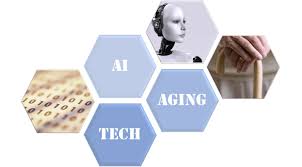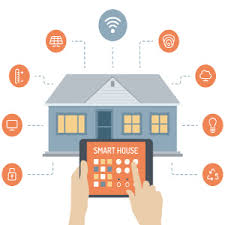A practical guide to understanding autonomous AI agents, why they matter for healthcare governance, and what to do about them.
The growing ecosystem of devices and products serving peoples’ health and well-being shows us that innovators already see the opportunity to serve the fast-growing market for self-care among people 50 years of age and up.
For nearly twenty years, one thing has felt inevitable: when boomers reach “old age,” senior living demand will surge. And yet ..
ChatGPT Health builds on consumer use of today's ChatGPT so responses are informed by your health information and context.
The prize honors .lumen’s Glasses for the Blind, an AI-based device that applies autonomous driving technology adapted for pedestrians. Using computer vision and local processing, the headset understands the three-dimensional environment in real time without relying on the internet or pre-defined maps and guides the user through subtle vibrations indicating a safe direction to follow.

 CES begins next week – but never mind – what mattered in 2022? The press releases for next week’s
CES begins next week – but never mind – what mattered in 2022? The press releases for next week’s  AI matters for older adults. Over the last few years, a growing number of applications of AI and machine learning have entered the market of
AI matters for older adults. Over the last few years, a growing number of applications of AI and machine learning have entered the market of  Smart home devices are not smart about tech support. The
Smart home devices are not smart about tech support. The  In recent years, TV Remote control devices became more usable – except for Apple’s. Rant on. Starting with the older one (“
In recent years, TV Remote control devices became more usable – except for Apple’s. Rant on. Starting with the older one (“